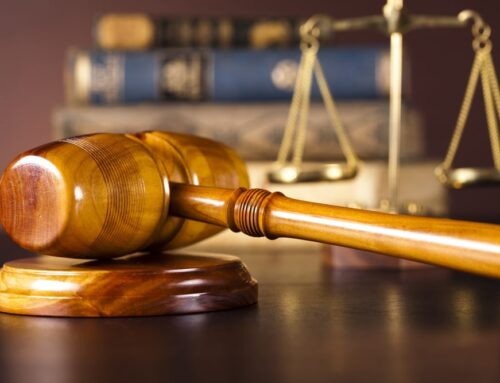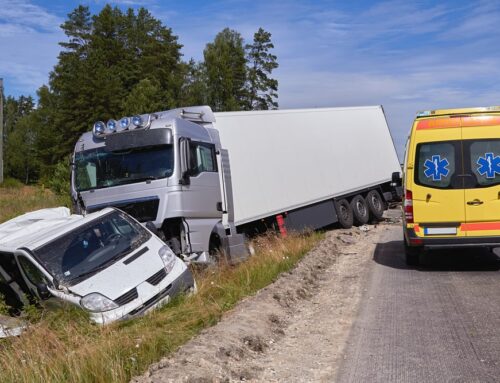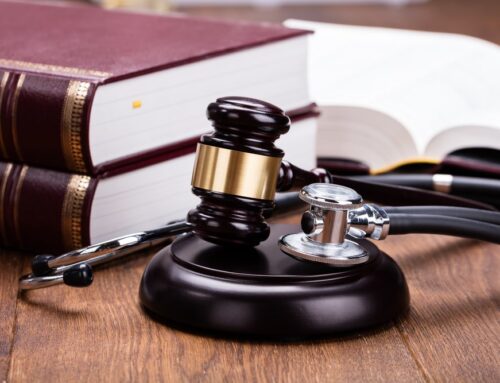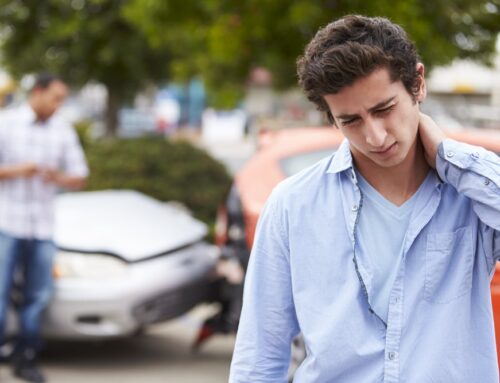Drunk driving is a serious issue that poses a significant risk to public safety, leading to injuries and fatalities on the road as a catastrophic injury lawyer knows all too well. One aspect of this issue that has garnered attention is the potential liability of bars and restaurants, as well as their employees, when they serve alcohol to patrons who then drive impaired. Understanding this liability is crucial for both consumers and those in the hospitality industry.
Liability
Liability refers to legal responsibility for one’s actions or failures to act. In the context of drunk driving, liability can extend beyond the individual who chooses to drive under the influence to include the establishments that served them alcohol. This can be particularly important in cases where an intoxicated individual causes an accident resulting in injury or death as our friends at Mitchell & Danoff Law Firm, Inc can share.
Dram Shop Laws
In many jurisdictions, the laws governing the liability of bars and restaurants regarding alcohol service are known as “dram shop laws.” These laws vary by state but generally hold that establishments can be held liable if they serve alcohol to a visibly intoxicated person or to a minor. Under these laws, if an intoxicated patron leaves the establishment and subsequently causes harm, the bar or restaurant may be deemed responsible.
For example, if a bar serves a patron who is already showing signs of intoxication — such as slurred speech, unsteady movement, or aggressive behavior — and that patron later causes an accident, the bar may face legal action if it is found negligent in its service.
Employees
Employees of bars and restaurants also play a critical role in determining liability. Staff members, particularly bartenders and servers, are typically trained to recognize the signs of intoxication and to refuse service when necessary. A failure to do so can be interpreted as negligence, which may expose both the employee and the establishment to legal consequences.
When assessing liability, factors to consider include whether the employee was adequately trained in responsible alcohol service, whether they followed that training, and whether their actions contributed to the over-serving of alcohol. For example, if a bartender continues to serve an obviously intoxicated patron despite company policy forbidding it, both the employee and the establishment could be held liable.
Local Laws And Variations
It is important to note that dram shop laws and alcohol service regulations differ significantly across states and municipalities. Some states have strict liability standards, meaning that any over-serving, even if not negligent, can lead to liability. Others may have more lenient rules, focusing on the establishment’s knowledge of the patron’s intoxication level. Therefore, it is essential for bar and restaurant owners to be familiar with the laws in their area to mitigate the risk of liability.
Legal Consequences And Defense
When a bar or restaurant is found liable under dram shop laws, the consequences can be severe. Financial repercussions may include compensatory and punitive damages awarded to victims and families affected by drunk driving incidents. In addition, establishments may face administrative penalties, including loss of liquor licenses or increased insurance premiums.
To defend against liability claims, bars and restaurants can employ several strategies, such as demonstrating that they followed responsible service practices, trained their employees properly, and maintained accurate records of alcohol service. Evidence such as transaction logs, training materials, and witness statements can strengthen their defense.
The potential liability of bars and restaurants in cases of drunk driving underscores the importance of responsible alcohol service. By adhering to dram shop laws and ensuring that employees are well-trained, establishments can not only protect themselves from legal consequences but also promote a safer environment for their patrons and the broader community. Consumers should also be aware of the role that these establishments play in promoting safe drinking practices, as their actions can significantly impact the road safety landscape. Ultimately, fostering a culture of responsibility in alcohol service is essential for reducing the incidence of drunk driving and the tragedies associated with it. If you have questions on who is liable in cases such as these, reach out to an attorney near you.







